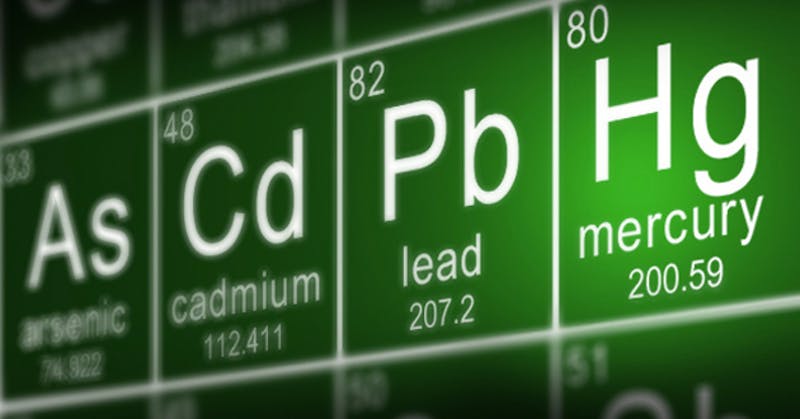EN 16274 Trace Metals Profiling in Drinking Water for Food Processing
The European standard EN 16274 specifies the methodology for determining trace metals in drinking water intended for use in food processing. This service is crucial for ensuring that water used in food and beverage manufacturing complies with international safety standards, thereby safeguarding public health.
Trace metals such as lead, copper, zinc, cadmium, nickel, and arsenic can be present in trace amounts in drinking water sources. These elements are essential in small quantities but toxic at higher levels. The standard provides a robust framework for identifying these elements accurately to ensure they do not exceed permissible limits set by regulatory bodies like the World Health Organization (WHO) and European Food Safety Authority (EFSA).
The testing process involves several critical steps: sampling, sample preparation, analysis using advanced instrumentation such as Inductively Coupled Plasma Mass Spectrometry (ICP-MS), and interpretation of results. Sampling is conducted at strategic points in the water distribution network to ensure a representative sample set. Sample preparation may include dilution or digestion processes depending on metal concentrations.
The analytical method relies on ICP-MS, which offers high sensitivity and selectivity for detecting trace metals. This technique allows for simultaneous determination of multiple elements in complex matrices like drinking water. The use of certified reference materials (CRMs) ensures accuracy and reliability of the test results.
The standard also defines acceptance criteria based on internationally recognized limits such as those from WHO guidelines. These limits are designed to protect consumers against adverse health effects associated with excessive consumption of these metals. Compliance with EN 16274 is essential for maintaining food safety standards and regulatory compliance in the food processing industry.
Implementing this test provides several benefits, including enhanced product safety, reduced risk of contamination, improved brand reputation, and adherence to international quality assurance protocols. By identifying trace metal levels early, companies can take corrective measures if necessary, preventing potential recalls or consumer complaints.
Why Choose This Test
- Precision: EN 16274 ensures accurate measurement of trace metals in drinking water used for food processing.
- Safety: Compliance with this standard helps prevent health risks associated with high levels of toxic elements.
- Regulatory compliance: This test aligns with international standards like WHO and EFSA guidelines.
- Informed decision-making: Provides data on water quality that can guide operational improvements in food production processes.
Customer Impact and Satisfaction
- Clients gain confidence in the safety of their products by ensuring they meet stringent international standards.
- Improved product quality due to better control over raw material inputs.
- Enhanced customer trust leading to increased market share and loyalty.
- Reduced operational costs through proactive identification and mitigation of risks.
Competitive Advantage and Market Impact
The ability to profile trace metals in drinking water used for food processing provides a significant competitive edge. Companies that adopt this service demonstrate their commitment to quality and safety, attracting health-conscious consumers who prioritize product integrity. This differentiation can lead to premium pricing opportunities and increased market competitiveness.
Adhering to EN 16274 also enhances corporate reputation, fostering long-term relationships with suppliers and stakeholders. By maintaining high standards of water purity, businesses can ensure consistent food safety across their supply chain, thus building a strong foundation for sustainable growth in the industry.





